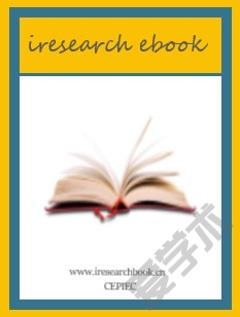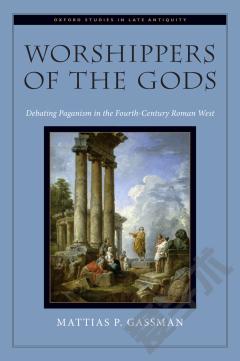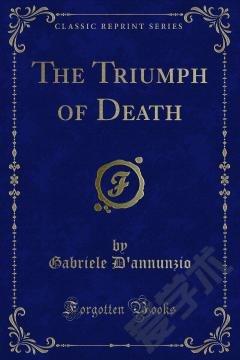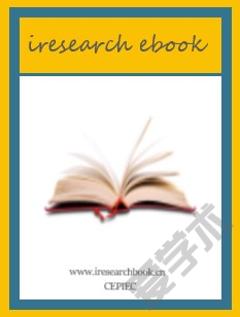The Death of the Gods
Dmitri Mérejkowski is perhaps the most interesting and powerful of the younger Russian novelists, the only writer that promises to carry on the work of Tolstoi, Turgeniev, and Dostoievski. His books, which are already numerous, are animated by a single master-idea, the Pagano-Christian dualism of our human nature. What specially interests him in the vast spectacle of human affairs is the everlasting contest between the idea of a God-Man and the idea of a Man-God; that is to say between the conception of a God incarnate for awhile (as in Christ) and the conception of Man as himself God - gradually evolving higher types of splendid and ruling character which draw after them the generations.The novelist's own doctrine seems to be that both the Pagan and the Christian elements in our nature, although distinct elements, are equally legitimate and sacred. His teaching is that the soul and the senses have an equal right to be respected; that hedonism and altruism are equals, and that the really full man, the perfect man, is he who can ally in harmonious equilibrium the cult of Dionysus and the cult of Christ.Merejkowski conceives that European civilisation has been born of the tremendous conflict between these two main ideas. And he has embodied this conflict in a trilogy of novels, - three great historical romances.
{{comment.content}}








 京公网安备 11010802027623号
京公网安备 11010802027623号